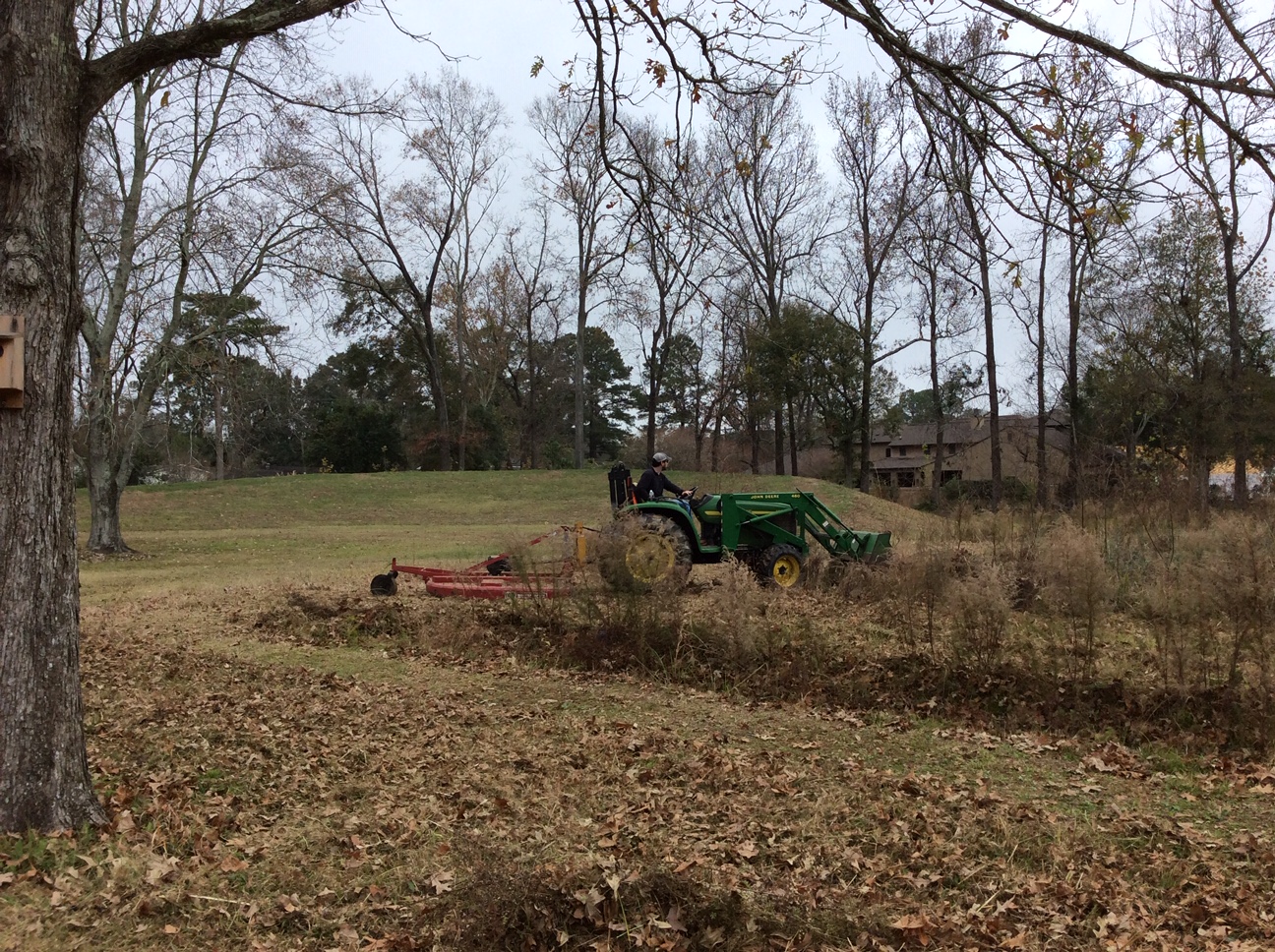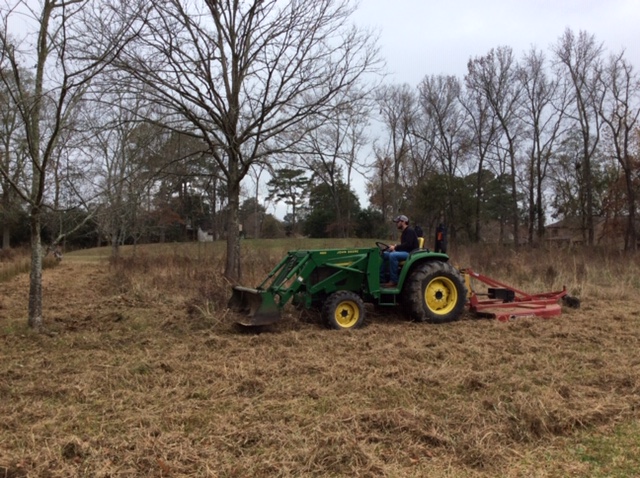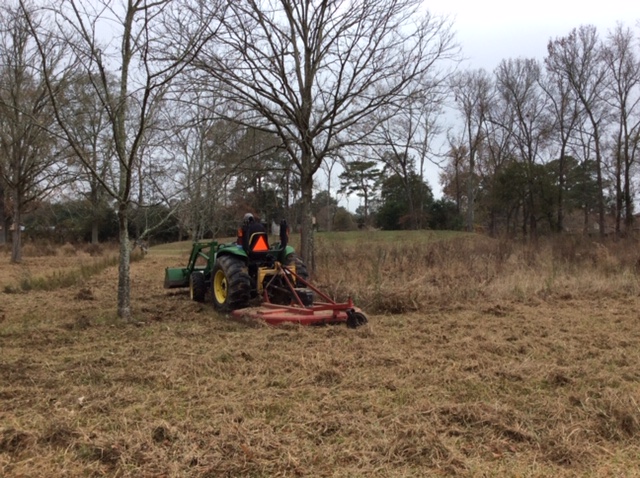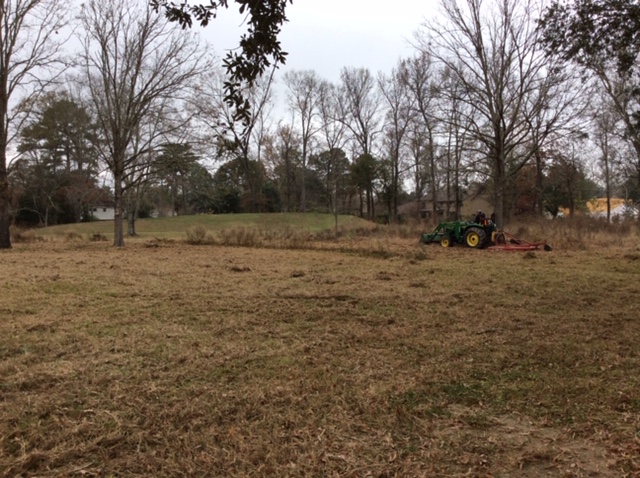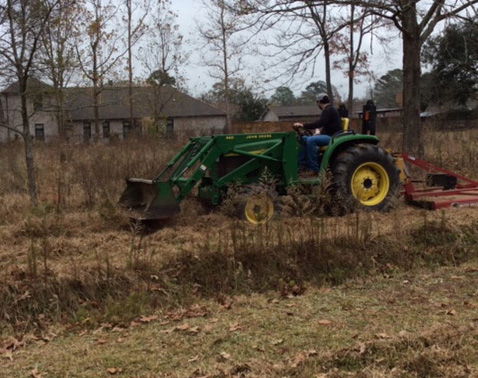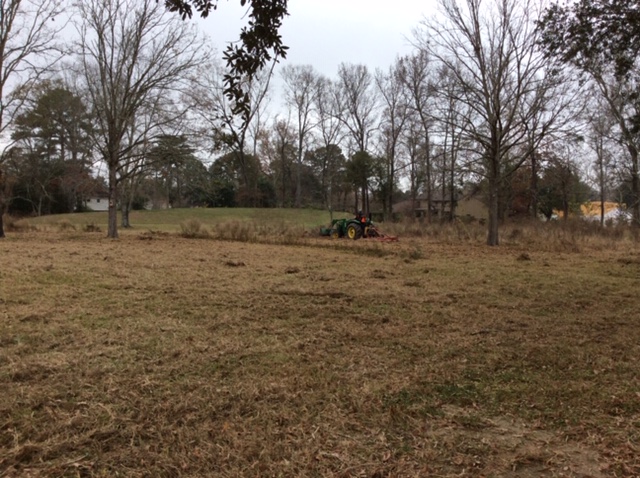Cajun Prairie Inspired Meadow
Summer is here and insects are buzzing! Butterflies are flying! Birds are nesting!
Visit often to watch the meadow grow and flourish with the changing seasons and years.
The 3-acre meadow is divided into four areas (A-D) with mowed grass walking paths to allow visitors to experience a rich diversity of native annual and perennial flowers in a patchwork of grasses. Hydric swales, located on the perimeter of the four meadow areas delineate the four meadow spaces, provide drainage, and a unique growing environment for plants to grow that thrive in wet/moist conditions. An earthen amphitheater anchors the northwest corner of the meadow where visitors can sit back and enjoy a bird’s eye view, take photographs, read a book or enjoy a picnic lunch.
Keep in mind the meadows are still in their infancy. The management plan includes removing invasive plants as identified and needed. To manage the woody growth and cut down the grasses at the end of the growing season, bush-hogging is implemented once a year in December after additional meadow seeds are planted. The cutting process settles the seeds to the ground and the cut grass acts as mulch bedding for the seeds until germination in the spring. Volunteers called the Meadow Keepers, students from the LSU Robert Reich School of Landscape Architecture, collect seeds from other Cajun Prairies around the state and plant them in the meadow. Dr. Charles Allen, one of the foremost experts on Cajun prairies in the State is guiding the development and maintenance strategy, and says it will take ten years for the planting to reach maturity.
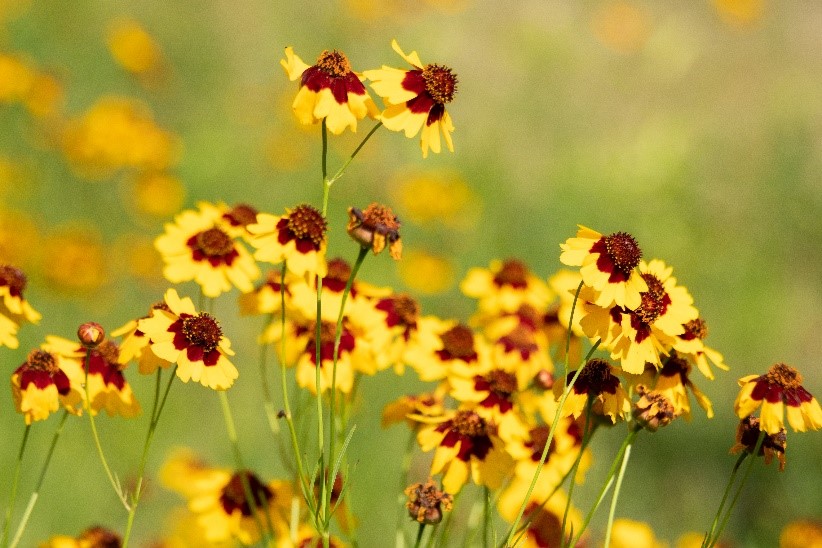
Plains Coreopsis, Coreopsis tinctoria
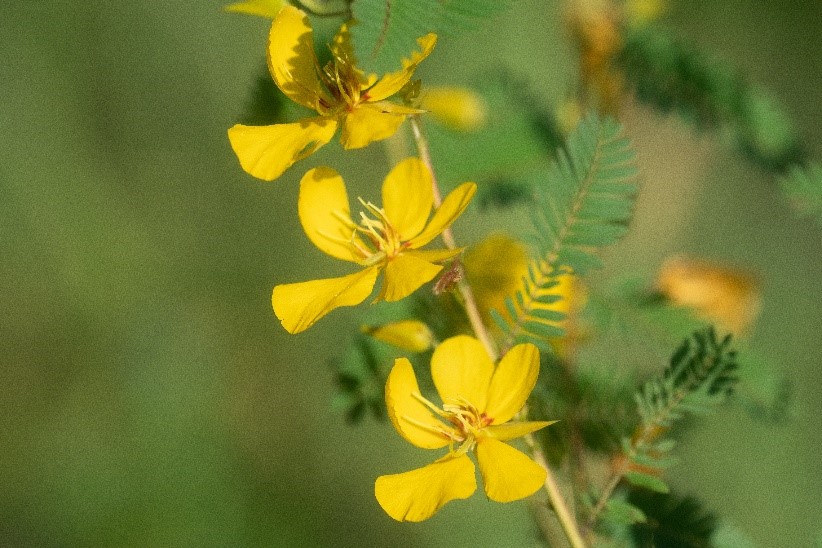
Partridge Pea, Chamaerista fasciculate
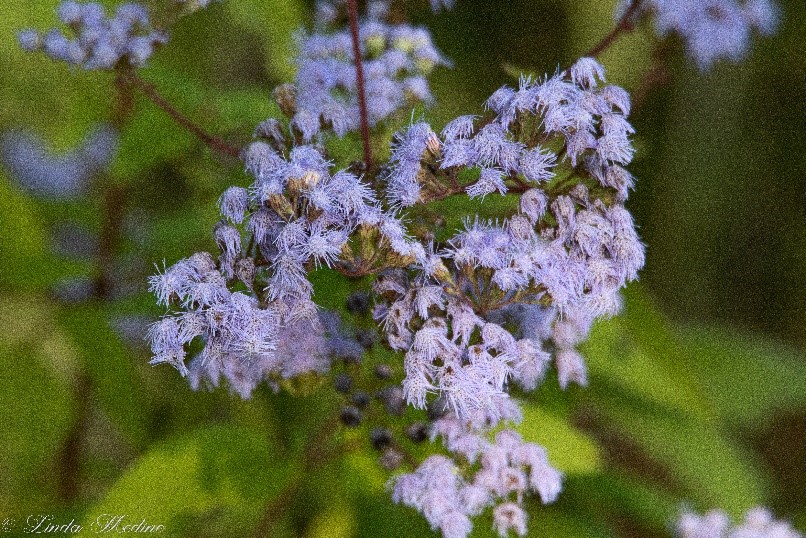
Blue Mist Flower, Conoclinium coelestinum
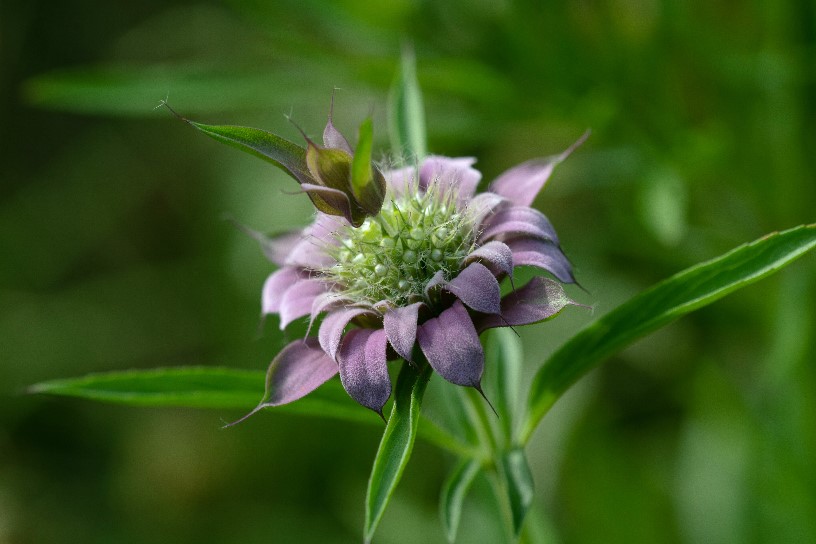 Lemon Mint, Monarda citriodora
Lemon Mint, Monarda citriodora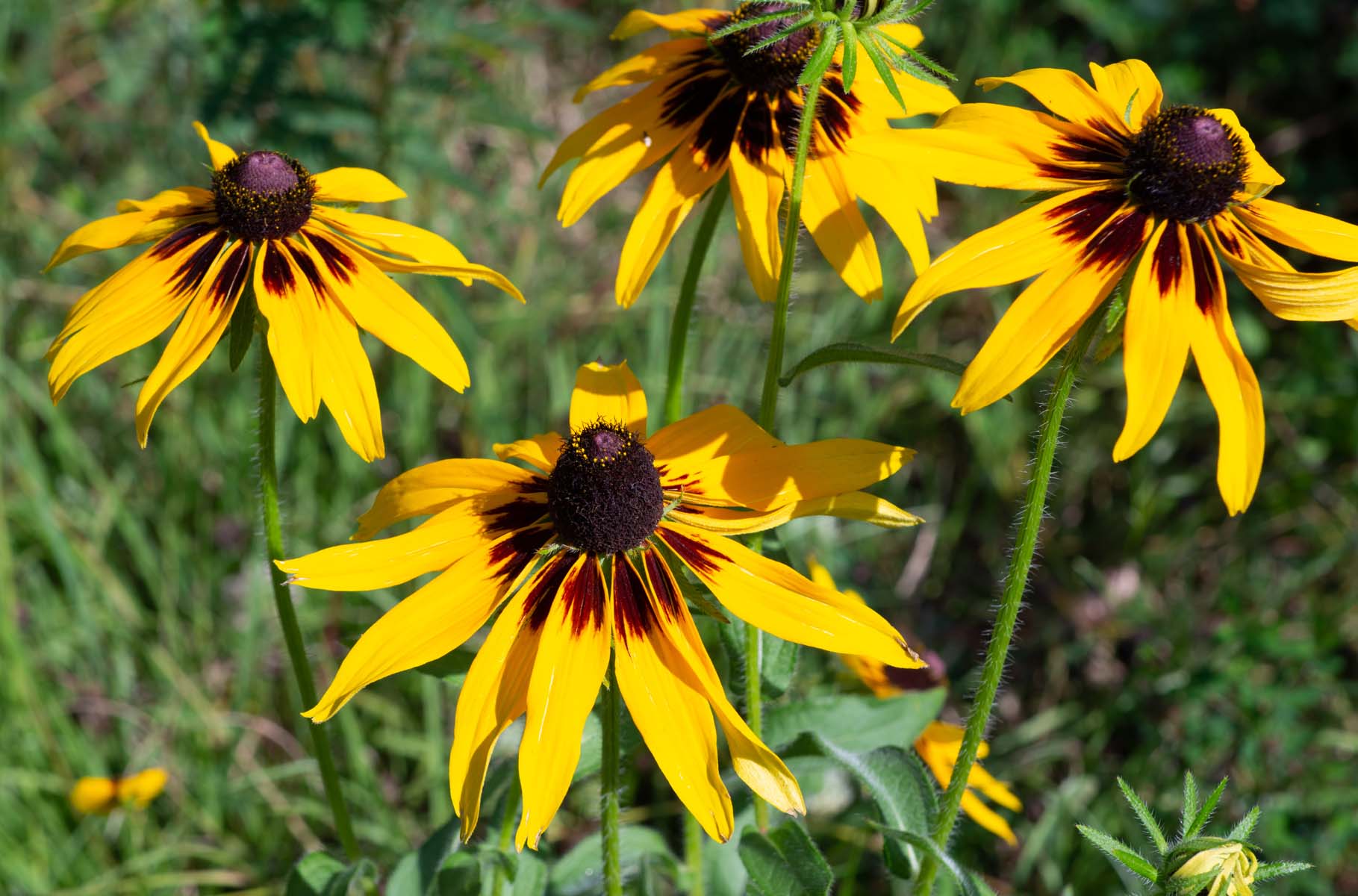 Coneflower, Rudbeckia hirta
Coneflower, Rudbeckia hirta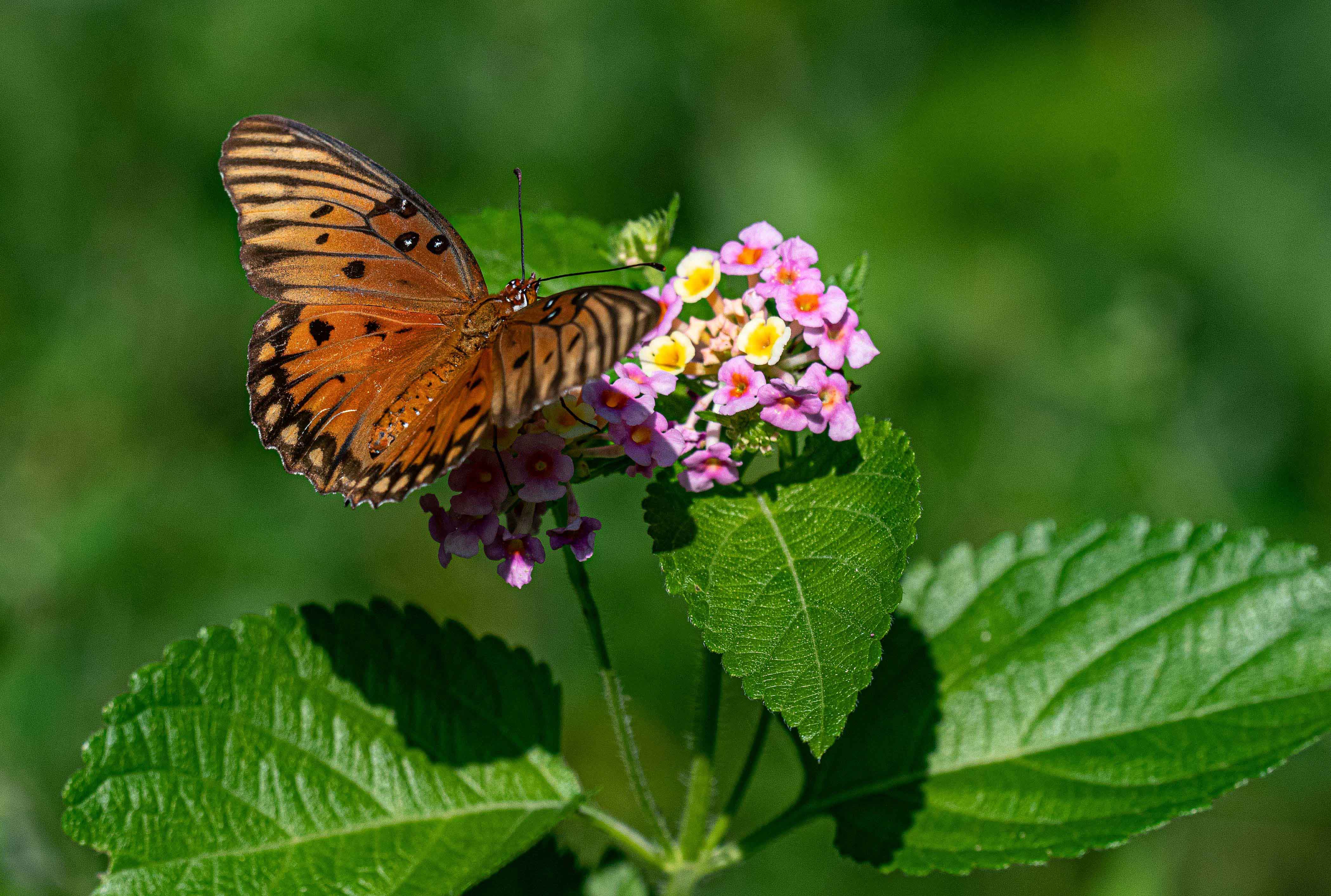 Lantana, Lantana camara
Lantana, Lantana camara
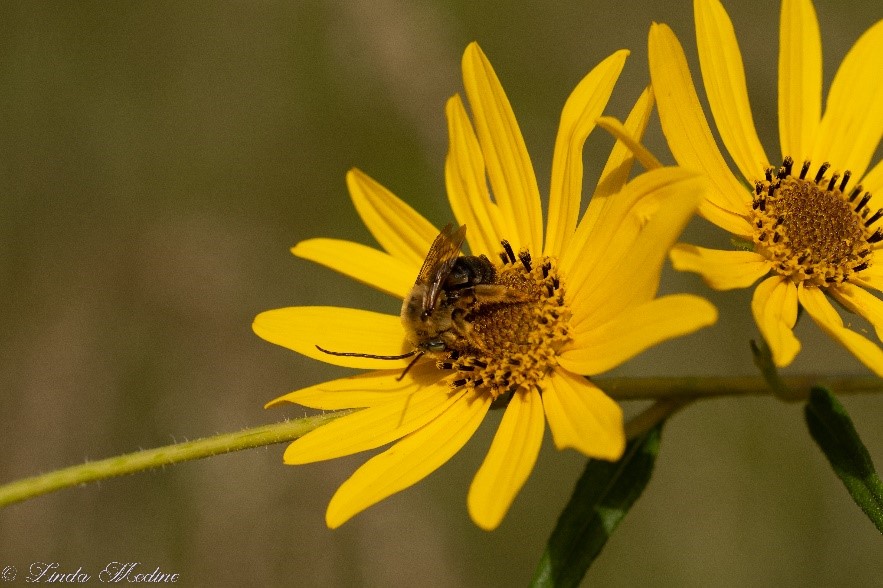
Swamp Sunflower, Helianthus angustifolius
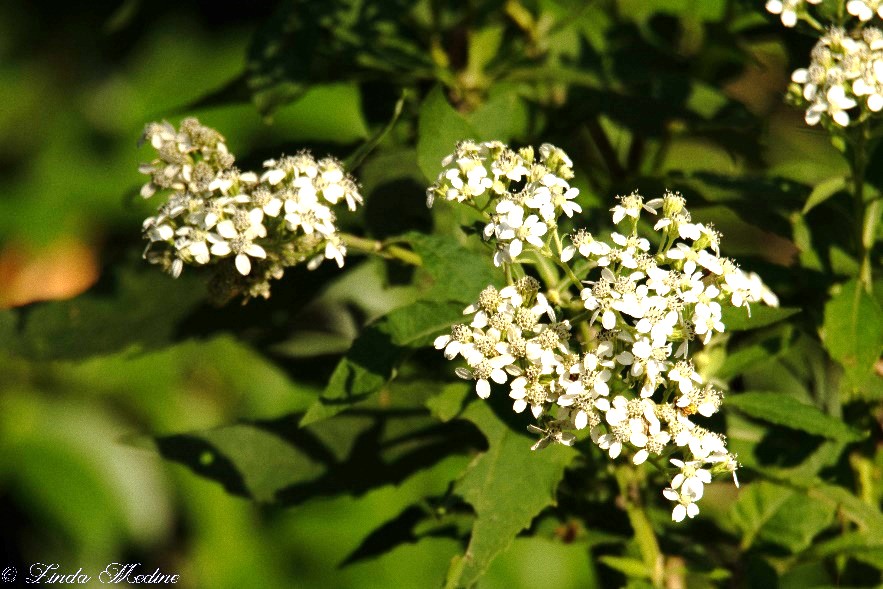
Virginia Crownbeard, Verbesina virginica
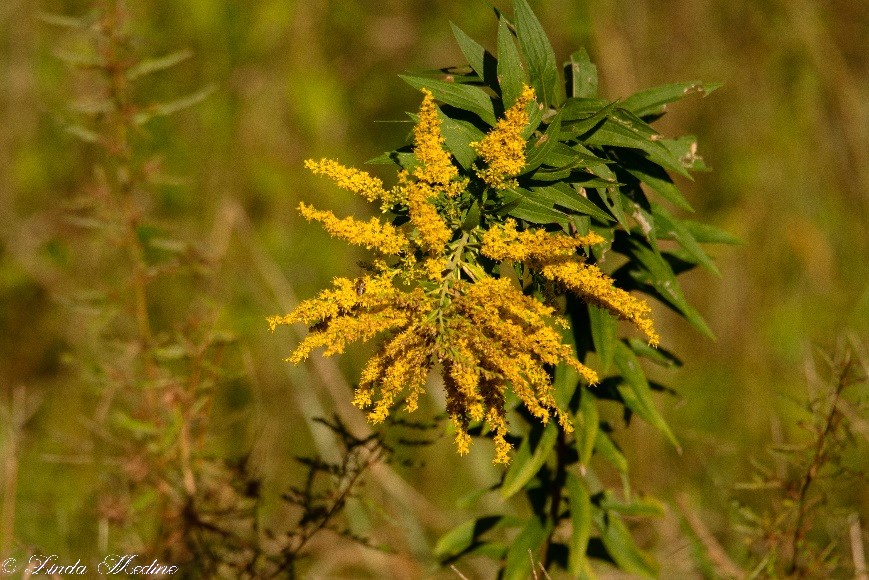
Goldenrod, Solidago
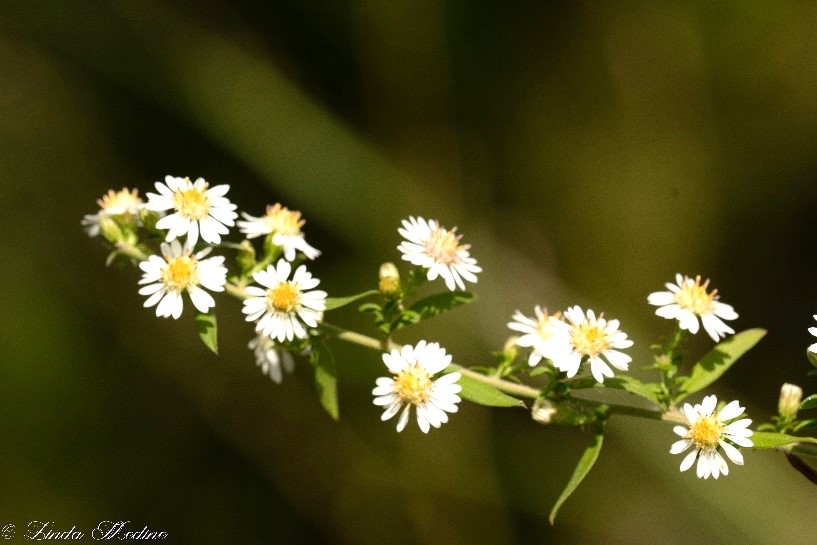 Fall Aster, Aster ericoides
Fall Aster, Aster ericoides Aster, Aster praealtus
Aster, Aster praealtus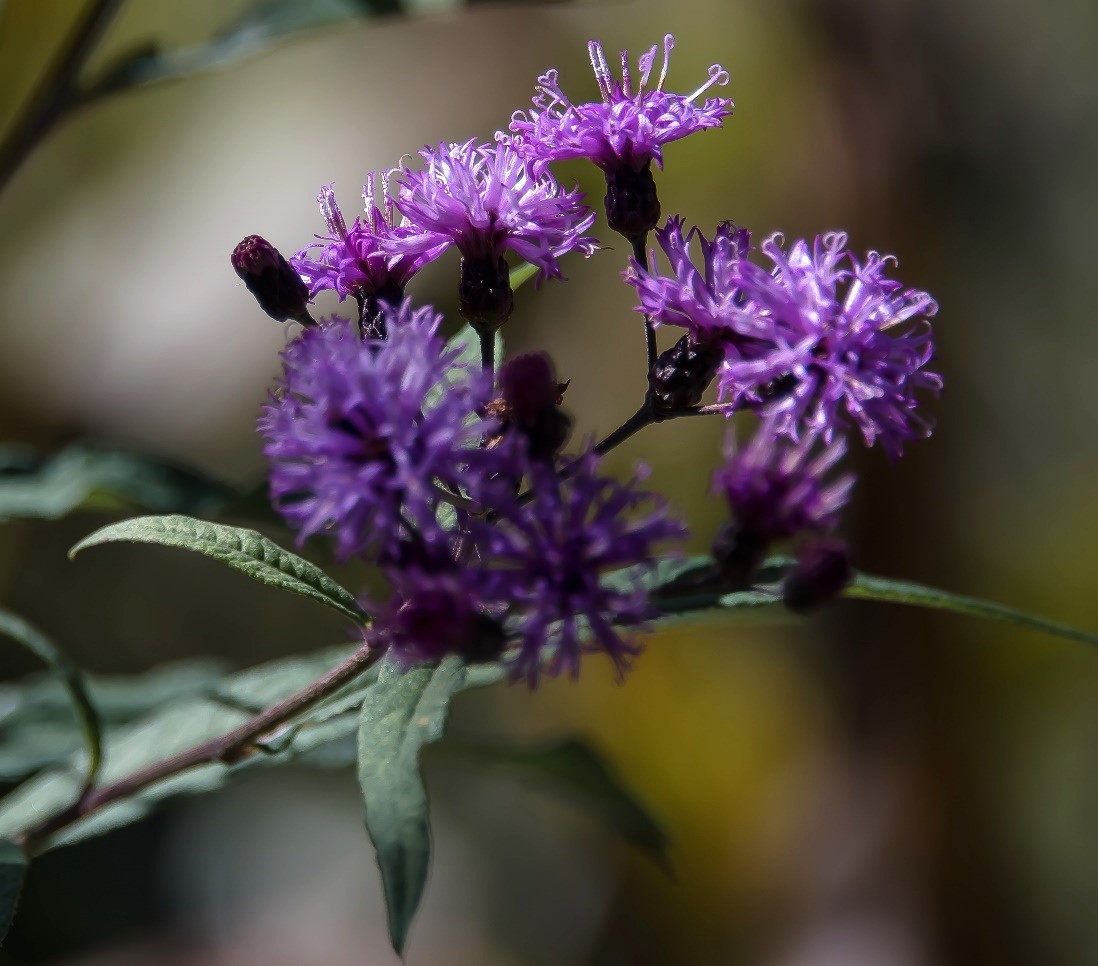 Ironweed, Veronia altissima
Ironweed, Veronia altissima Protect our meadows.
Take only pictures and leave only footprints on the prairie stroll pathways.

